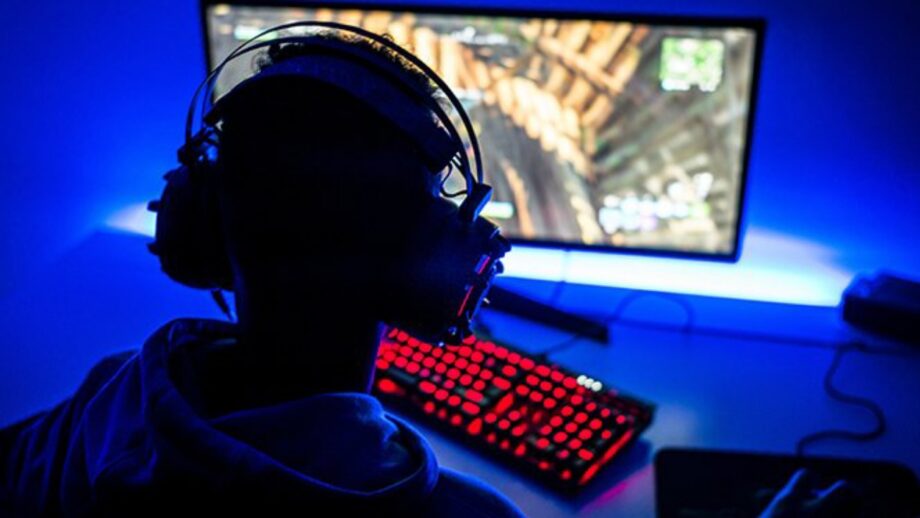Excessive gaming among young people is becoming more of a problem. The World Health Organization has even defined gaming addiction as a mental health issue. As a result, it’s critical that young people understand the addictive nature of gaming and be provided with techniques to counteract its harmful consequences. So, here are our five gaming do’s and don’ts for youngsters.
Do Not Sacrifice Sleep
Many teenagers prefer to play video games late at night, with surveys revealing that 24% of them do so after 9 p.m. Gaming late at night has been linked to an increase in daytime sleepiness and the time it takes to fall asleep, especially if the games are violent. This is important since sleep deprivation can lead to a variety of issues, including a reduction in memory and concentration, as well as an increased focus on negative features.
Set A Limit
Students must manage their time so that they do not spend all of their time playing video games. Setting up a timetable, in which students plan what they want to do in the next week, is one method students can effectively manage their time. When setting this up, students should keep in mind that they are likely to underestimate the time required to complete assignments; as a result, they should strive to recollect how long similar projects took to improve their estimates.
Do Not Isolate Yourself
Students must make sure that gaming isn’t separating them and affecting their social skills or the quality of their connections with their friends and parents. Students should remember that social connection and having friends and family around them are crucial because they may provide important support, guidance, and companionship when needed.
It’s possible that parents should not allow their children to play video games in their rooms, preferring to keep games in a common location where they can better monitor gaming habits and stimulate family interaction and play.
Workout On Your Body
It is critical that kids do not prioritize gaming above exercise, as research has shown that exercise offers numerous health benefits. Being active, according to the NHS, is a fantastic way to improve your well-being, with research showing that exercise can also increase your mood and self-esteem. Regular exercise can also benefit kids intellectually; for example, a study indicated that when people conducted a 45-minute workout at lunchtime, their focus levels were 21 percent greater.
Final Thought
It is critical that kids develop techniques to manage their gaming habits while still committing adequate time to their academic activities, socializing, and physical activity. Gaming, like most things, should be done in moderation. Check out our guide on student electronics management for more information and resources.

